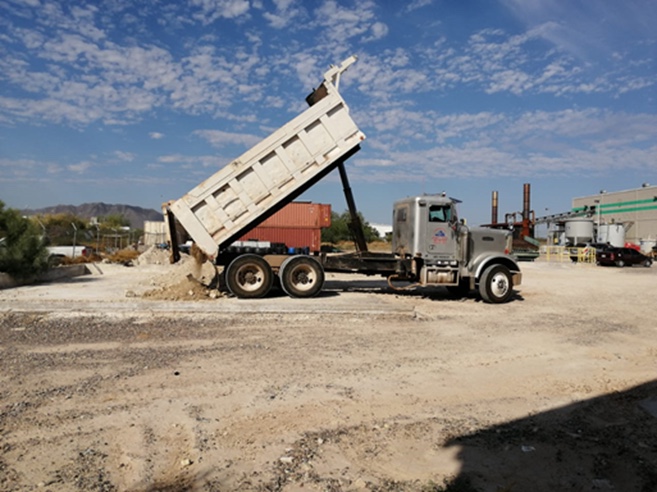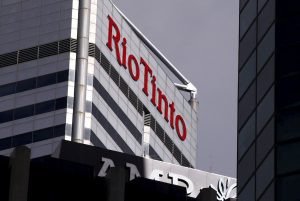Portugal could approve lithium mining next year that will reduce Europe’s dependence on China and other outside sources for a key ingredient needed to decarbonise the automotive industry.
The southern European nation is thought to have the continent’s largest lithium reserves. Alongside nickel and cobalt, lithium has become a prized raw material as it is a vital element in the production of electric vehicle (EV) batteries.
Demand is soaring as manufacturers scramble to produce low-emission fleets and governments seek to phase out fossil fuel-powered vehicles in the battle against climate change.
Portugal’s environment regulator will deliver its verdict on the approval of a major new lithium mine in the north of the country in early 2022.
With lithium mostly mined in Australia and South America while China dominates the supply chain, the regulator’s decision could bolster Europe’s independent supplies of the coveted resource.
China – simultaneously viewed as an economic rival and partner in many Western capitals – controls more than 40% of world lithium production and almost 60% of global lithium refining capacity.
That could change if a deal between Portuguese oil firm Galp Energia and Swedish electric battery-maker Northvolt bears fruit.
UK Firm Holds Reserves
Galp and Northvolt intend to secure lithium supplies from British mining firm Savannah, which says it holds one of western Europe’s largest lithium deposits in northeastern Portugal.
The two companies earlier this month sealed a deal to set up one of Europe’s largest lithium refineries in northern Portugal.
Costing an estimated 700 million euros ($787 million), the facility would process enough ore to produce batteries for about 700,000 electric vehicles per year by 2026.
Mining companies have sought to source lithium in Europe, but their plans have proved contentious. Environmental activists protested outside government offices in Belgrade for the past three weekends to try to stop a lithium project in western Serbia.
Loznica town council voted last week to suspend a development plan by Australia’s Rio Tinto that included the mining project after protests by environmentalists across the country.
Thousands of protesters in Belgrade and other towns across the country blocked main roads and bridges to oppose Rio Tinto’s plans in the lead-up to the vote.
- AFP, Reuters and additional editing by George Russell
READ MORE:
Tsingshan and Chengxin To Produce Lithium in Indonesia
World’s Largest Listed Lithium Producer Ganfeng to Buy UK Miner: FT
Lithium Price May Soar Even Higher On Supply Shortage: BL























